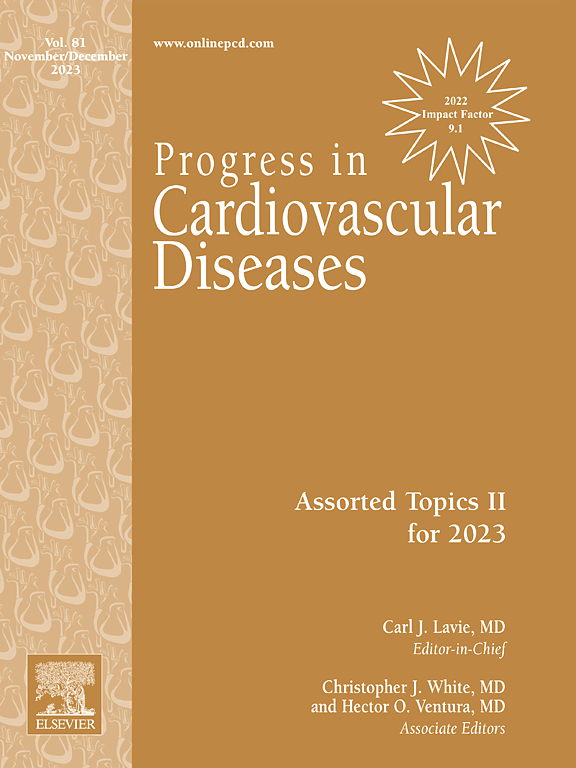社会经济环境和文化:健康的强迫因素和最根本的决定因素。
IF 7.6
2区 医学
Q1 CARDIAC & CARDIOVASCULAR SYSTEMS
引用次数: 0
摘要
我们引入了强迫因素的概念,类似于全民健康结果的风险因素,即物理、社会、法律、经济或文化环境的属性,这些属性对于确定的人群中所有人来说都是共同的,并且可以促进或抑制健康、健康和福祉的特定结果。例子包括管理食品或烟草营销、建筑环境和气候变化的法律。文化也是健康结果的一个强制因素。过去对不良健康结果的解释依赖于特定亚人群的文化属性,与之相反,我们借鉴了约翰·麦金利的工作,指出影响健康结果的是一个国家或地区的共同文化。文化本身在特定的文化背景下运作。本文章由计算机程序翻译,如有差异,请以英文原文为准。
Socioeconomic milieu and culture: Forcing factors and the Most fundamental determinant of health
We introduce the concept of forcing factors, analogous to risk factors for population-wide health outcomes, that are attributes of the physical, social, legal, economic, or cultural environment that are common to all people in an identified population and that promote or inhibit particular outcomes of health, wellness, and well-being. Examples include laws governing food or tobacco marketing, the built environment, and climate change. Culture also functions as a forcing factor of health outcomes. In contrast to past explanations of adverse health outcomes that have relied on cultural attributes of a specific sub-population, we draw on work of John McKinlay to make the point that it is the shared culture of a country or a region that influences health outcomes. Culture itself operates in a particular cultural context.
求助全文
通过发布文献求助,成功后即可免费获取论文全文。
去求助
来源期刊

Progress in cardiovascular diseases
医学-心血管系统
CiteScore
10.90
自引率
6.60%
发文量
98
审稿时长
7 days
期刊介绍:
Progress in Cardiovascular Diseases provides comprehensive coverage of a single topic related to heart and circulatory disorders in each issue. Some issues include special articles, definitive reviews that capture the state of the art in the management of particular clinical problems in cardiology.
 求助内容:
求助内容: 应助结果提醒方式:
应助结果提醒方式:


